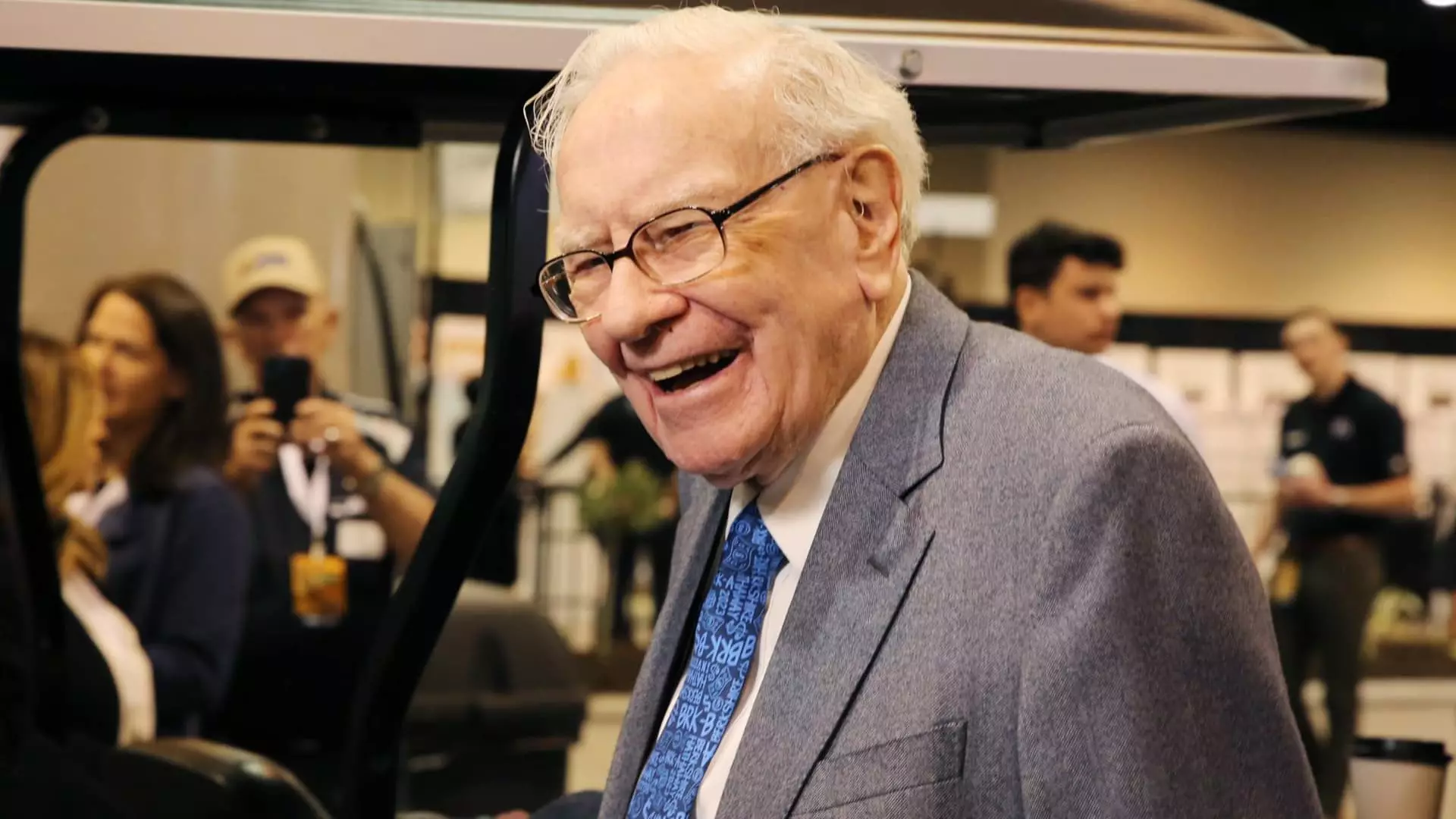In a historic achievement, Warren Buffett’s Berkshire Hathaway has reached a market capitalization of $1 trillion. This milestone marks the first time a non-technology company in the United States has surpassed this coveted threshold. Despite its “old-economy” focus, Berkshire Hathaway has seen an impressive rally in its share price, climbing more than 28% in 2024, significantly outperforming the S&P 500’s gain of 18%. This remarkable feat comes just two days before Warren Buffett’s 94th birthday, adding to the significance of the achievement.
Under Warren Buffett’s leadership, Berkshire Hathaway has undergone a remarkable transformation. Originally a struggling textile business in the 1960s, Buffett turned the company into a diversified empire encompassing insurance, railroad, retail, and energy sectors. Notable subsidiaries such as BNSF Railway, Geico Insurance, and Dairy Queen have contributed to Berkshire’s success. Despite its traditional focus, Berkshire also holds a significant stake in Apple, which has played a substantial role in driving recent gains in its valuation.
In recent times, Warren Buffett has adopted a defensive investment strategy, selling off a considerable amount of stock, including half of his Apple stake. Berkshire Hathaway’s cash reserves reached a record $277 billion by the end of June, reflecting Buffett’s cautious approach amidst market uncertainties. Despite warning against timing the market, Buffett’s actions have raised questions among investors about his outlook on the economy and market valuations. Berkshire’s substantial holdings in short-term Treasury bills, exceeding even the U.S. Federal Reserve’s holdings, underscore its conservative investment approach.
The recent surge in Berkshire Hathaway’s market capitalization to $1 trillion has left investors speculating about the reasons behind this milestone. Some view it as a bet on the resilience of the American economy and Buffett’s diverse portfolio of businesses poised to benefit from ongoing economic growth. Others see Berkshire as a stable income generator amidst a volatile macroeconomic environment. With Berkshire Hathaway divesting Bank of America shares and strengthening its insurance operations, analysts project continued growth in its market value, projecting a 9% increase in its share price.
Unlike many companies, Berkshire Hathaway’s Class A shares command a high price tag, reflecting Warren Buffett’s preference for not splitting the stock. Buffett believes that the high share price attracts long-term, quality-oriented investors who view Berkshire stock as a savings account. To accommodate smaller investors, Berkshire introduced Class B shares in 1996 at a more accessible price point, allowing a broader range of individuals to invest in Buffett’s performance.
Berkshire Hathaway’s ascent to a $1 trillion market capitalization symbolizes Warren Buffett’s enduring legacy and the company’s strategic evolution under his leadership. Despite challenges and market uncertainties, Berkshire Hathaway’s conservative approach and diverse business portfolio have positioned it as a significant player in the investment landscape. As the company continues to navigate changing market dynamics, investors remain intrigued by Warren Buffett’s investment decisions and Berkshire’s long-term growth prospects.

